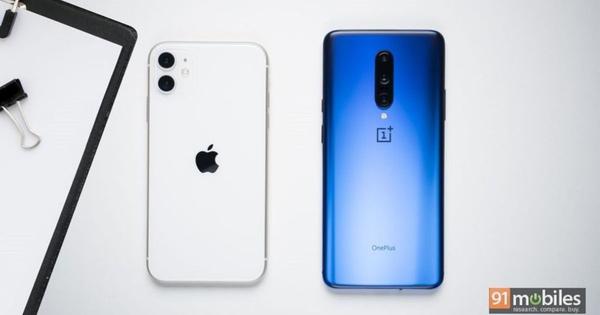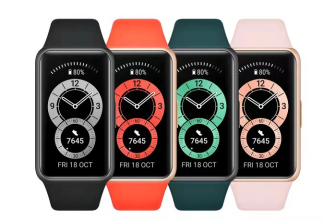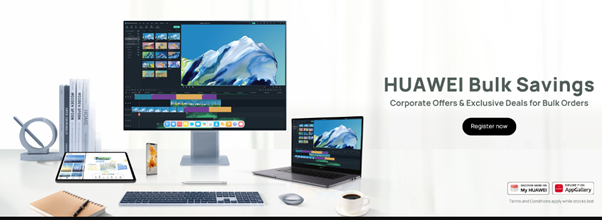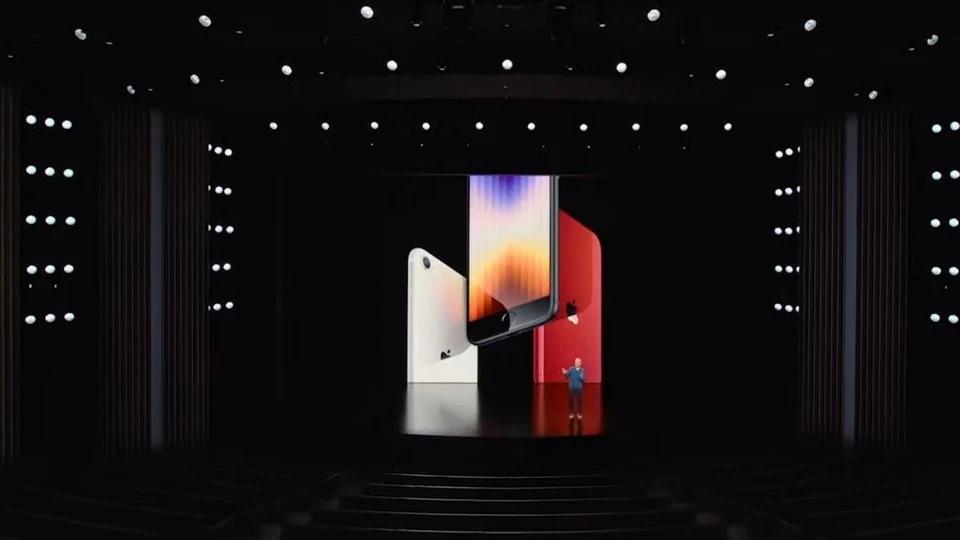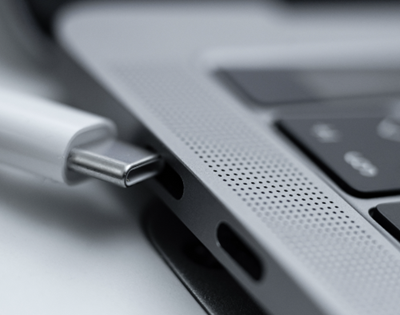Why is Android more popular globally, while iOS rules the US?
Every time I make the statement that Android is the most popular mobile operating system on the planet, a certain cross-section of people look at me as though I’ve lost my mind. They’ll also make statements like, “I don’t even know any Android users.” Those people who question my sanity, without fail, hail from the United States.
You see, there’s a unique trend that’s been remarkably consistent over the years:
According to Statcounter, the global market share looks like this:
However, within the U.S., that market share looks like this:
How is it that Android can lead iOS globally by nearly 50% while trailing iOS in the U.S. by nearly 20%? Unless you’d been following the trend for years, you’d think that’s an anomaly. It’s not.
There’s a very obvious reason for this strange phenomenon, as well as some less-than-obvious reasons.
Let’s examine why.
SEE: Electronic communication policy(TechRepublic Premium)
It’s all about cost
The primary reason why Android rules the global market is cost. In many countries (with significantly higher populations than the U.S.), people have far less disposable income. Because of that, the first factor in deciding on a phone is cost. In that arena, Apple simply cannot compete with Google.
A quick search on Amazon and you’ll find Android phones starting at $39 (the BLU Advance L5). That’s right, less than $40. The cheapest iPhone on Amazon is a pre-owned 7, starting at $149. It’s important to note that the $39 phone runs Android 8, while the $149 iPhone runs iOS 10. It’s also important to note that the reviews of the iPhone 7 on Amazon are pretty disappointing—especially when it comes to battery life. Of course, the $39 Android phone also has its share of scathing reviews. The point is, you can have a low-end (nearly obsolete) version of one for cheap, while the other (nearly obsolete) device will cost you over $100.
For some, $100 is like change in the sofa. For others, it’s a month’s wages, or more. To that end, Android is the obvious choice. Given the rampant poverty in so many countries around the globe, the existence of very cheap phones makes Android the obvious choice over iOS.
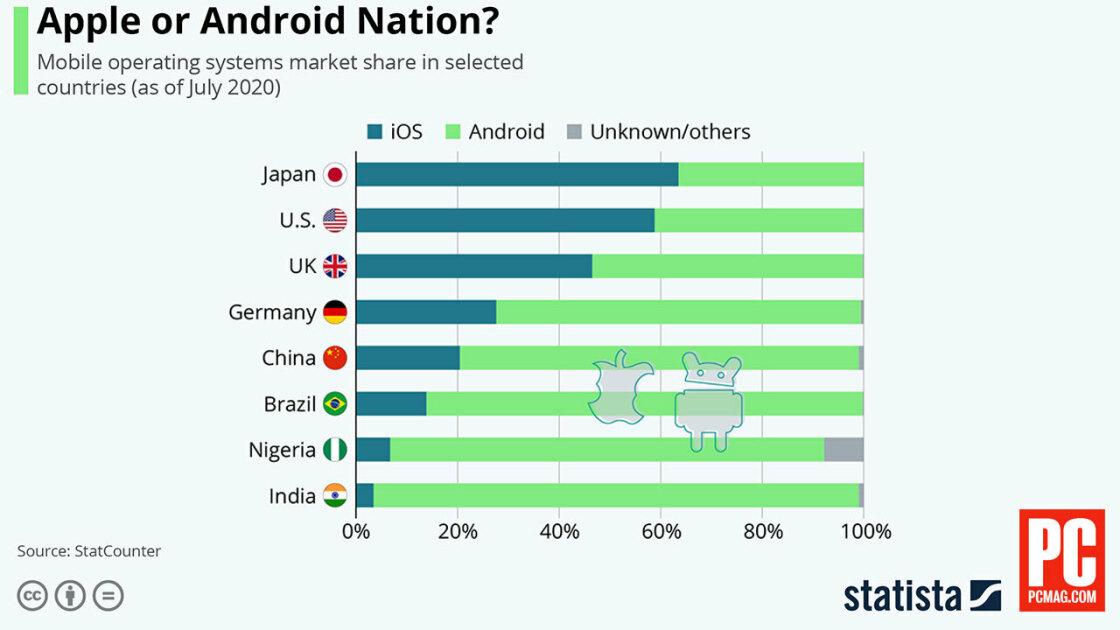
It does go beyond cost. In fact, according to Mobileapps:
That’s not the whole story, however. In fact:
The biggest factor in the Android hold over global market share could likely be boiled down to Asia, a continent with a massive population, where more than 320 million people live in extreme poverty. That’s nearly the population of the United States (as of 2019 the population of the U.S. was 328.2 million).
It’s also about brand
Apple is huge. There’s no way around it. As a brand, Apple has control over everything with its products. Unlike Android devices, where Google creates the operating system and OEMs produce the hardware, Apple maintains everything. Because of that, Apple can keep a stranglehold over quality control, such that their products (for the most part) enjoy a “top to bottom” reliability.
You rarely hear of people complain about Apple hardware. The intersection of Apple hardware and software cannot be bested. Even Google Pixel devices don’t enjoy that same level of consistency. Google builds the software and a third party creates the hardware. That could change with the Pixel 6 when Google begins using its own CPU chips. However, that doesn’t mean Google will build (or control) every aspect of the hardware.
As a brand, people in the U.S. trust Apple more than Google. That trust goes well beyond phones and into data, and what is done with said data. Beyond trust, Apple’s brand is just shinier and more polished than Google’s. Consider the commercials for both iPhones and Android devices. Apple never fails to release commercials with the exact hip sheen that consumers in this country want to see.
Google, on the other hand, tends to lean more heavily on the cuter side of advertisement. Their logo is even an adorable robot. So when American consumers see the two different commercials, one simply looks more professional. Apple never fails to present itself as a complete brand and that’s important to consumers in wealthier countries.
It’s also about spreading out the costs
If there’s one thing you cannot deny, it’s the power of spreading out the cost. If it weren’t for carriers distributing payments for iPhones over time, we’d probably see the U.S. and global market shares more in line with one another.
Because carriers spread the price of devices out over two years, it turns a $700 iPhone into a do-able purchase for most. This is made even more attractive when you’re looking at a flagship device. Just about any American can own a top-of-the-line iPhone when the price is broken into monthly installments—that equates to cost no longer being a factor.
It’s also about pop culture
The United States is a country constantly under the thrall of pop culture. When you see a celebrity holding an iPhone, if you’re impressionable, you might feel compelled to follow in those footsteps and buy an iPhone. I’d go so far as to say that I rarely see an Android phone being used in TV or film. When you hear a message chime or incoming call on the screen, it’s almost always the sound of Apple cashing in. And, trust me, I look for these things. I do see Android devices being used on occasion, but, for the most part, TV and film default to Apple.
That holds powerful sway over consumers. The court of public opinion keeps a watchful eye on their favorite shows and their favorite characters in their favorite shows. Until more Android phones are seen in TV and film, it’s going to be an Apple world in the U.S.
The conclusions are easy to draw
Around the globe, appearance and trends aren’t nearly as important as practicality. When you’re impoverished and you need a phone, it doesn’t matter the brand or the features. So long as it can place calls and (on occasion) get online, you’re good. If Apple were to release an iPhone that could compete with Android on the low-end market, they’d give Google a serious run for their money.
I don’t look for that to happen any time soon, so Android will continue to dominate the global phone market for years to come. At the same time, unless Google pulls some serious magic out of its hat with the Pixel 6, I don’t expect Android will tip the U.S. market into its favor any time soon.
Subscribe to TechRepublic’s How To Make Tech Work on YouTube for all the latest tech advice for business pros from Jack Wallen.
Learn how to get the most out of Google Docs, Google Cloud Platform, Google Apps, Chrome OS, and all the other Google products used in business environments.

